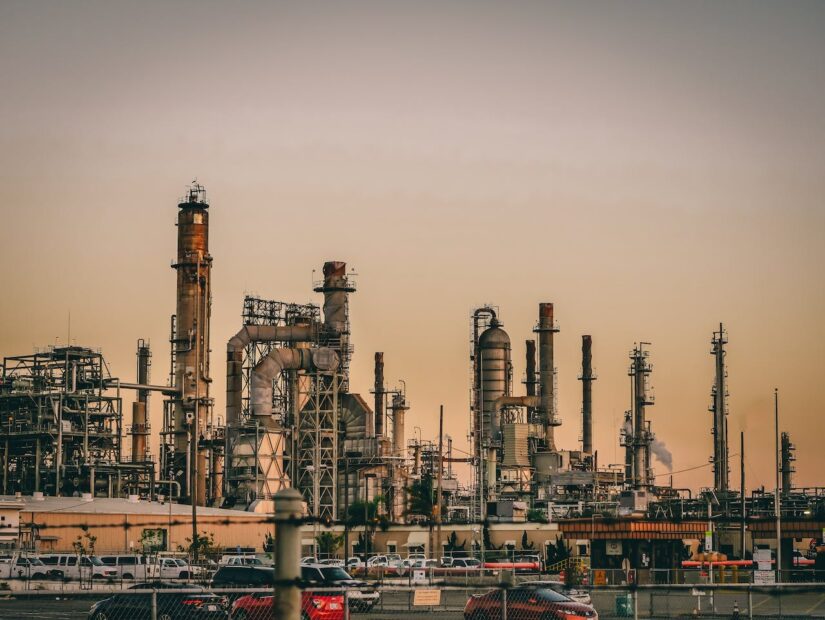Nitrogen Generators: What Are They Used For?
Nitrogen generators are an integral component in various industrial applications, offering a cost-effective and reliable source of high-purity nitrogen gas. We will explore the working principle of nitrogen generators, their types, benefits, applications, and future implications.
Understanding Nitrogen Generators
Nitrogen generators are systems designed to produce nitrogen gas from compressed air. They use either Pressure Swing Adsorption (PSA) or Membrane technology to separate nitrogen molecules from other gases in the air. In the PSA process, compressed air is passed through a vessel containing carbon molecular sieve (CMS), which preferentially adsorbs oxygen and water vapor, allowing nitrogen to pass through. In membrane technology, a semi-permeable membrane selectively allows oxygen, water vapor, and other impurities to permeate away, leaving nitrogen as the primary product.
Types of Nitrogen Generators
Nitrogen generators are categorised mainly into two types: PSA nitrogen generators and membrane nitrogen generators. PSA generators are typically used for applications requiring higher purity levels of nitrogen, usually above 99.5%. They are ideal for industries where consistent and high-purity nitrogen is crucial. Membrane nitrogen generators, on the other hand, are used for applications where lower purity levels are acceptable. They are simpler in design, more compact, and often more cost-effective for lower purity applications.
Benefits of Nitrogen Generators
Cost Efficiency
One of the primary benefits of nitrogen generators is their cost efficiency. Generating nitrogen in-house eliminates the need for purchasing, handling, and storing bottled or liquid nitrogen. This not only reduces operational costs but also removes the logistical challenges and expenses associated with nitrogen delivery.
Reliability and Consistency
Nitrogen generators provide a constant, reliable supply of nitrogen. This continuous availability ensures that industrial processes are not interrupted due to nitrogen supply issues, thereby improving operational efficiency and productivity.
Safety
Nitrogen generators enhance safety by eliminating the risks associated with handling high-pressure cylinders or cryogenic liquid nitrogen. The risks of accidents during transport, storage, and handling of nitrogen containers are significantly reduced.
Environmental Benefits
Producing nitrogen on-site is more environmentally friendly compared to the traditional delivery method. It reduces the carbon footprint associated with the transportation of nitrogen in tanks or cylinders and decreases greenhouse gas emissions.
Purity Control
With nitrogen generators, businesses have complete control over the purity level of nitrogen they produce. This flexibility allows them to tailor the purity to their specific needs, which is not always possible with delivered nitrogen.
Applications of Nitrogen Generators
Nitrogen generators have a wide range of applications across various industries.
- Food and Beverage Industry: Nitrogen is used in packaging to prolong shelf life and preserve freshness.
- Pharmaceuticals: High-purity nitrogen is essential in pharmaceutical manufacturing and packaging.
- Electronics Manufacturing: Nitrogen is used to create inert atmospheres during the production of electronic components.
- Chemical Industry: Nitrogen provides a safe, inert atmosphere for chemical reactions and processing.
- Metal Processing: Nitrogen is used in heat treating processes and to prevent oxidation during metal fabrication.
Future Implications and Developments
The future of nitrogen generators looks promising with ongoing advancements in technology leading to more efficient, compact, and cost-effective systems. The trend towards sustainability and reducing carbon footprints is likely to increase the demand for on-site nitrogen generation. Additionally, advancements in membrane and adsorption technologies are expected to make nitrogen generators viable for even more applications, further expanding their market.
Conclusion
In conclusion, nitrogen generators are a vital component in modern industrial operations. Their ability to provide a reliable, safe, and cost-effective supply of high-purity nitrogen gas directly on-site brings immense benefits to a wide array of industries. With advancements in technology and a growing emphasis on sustainability, the role of nitrogen generators is set to become even more significant in the years to come.

Oliver is a software developer specializing in web development and clean code practices. He writes about best coding standards, debugging techniques, and efficient programming workflows.

